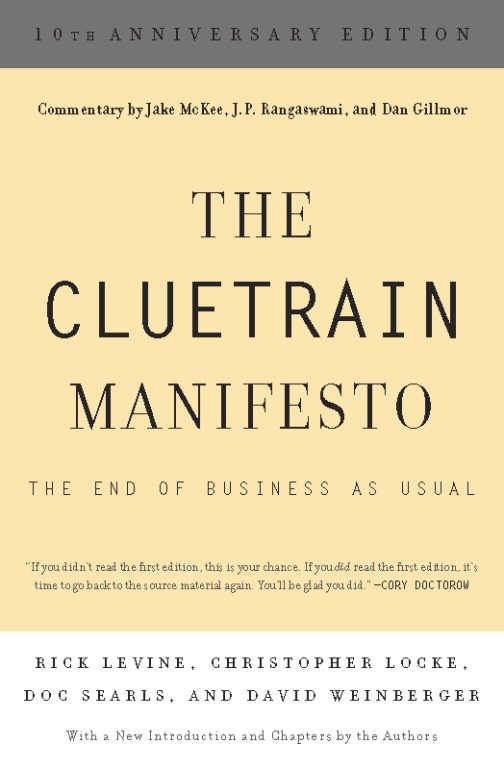| What
if the real attraction of the Internet is not its cutting-edge bells
and whistles, its jazzy interface or any of the advanced technology
that underlies its pipes and wires? What if, instead, the attraction is
an atavistic throwback to the prehistoric human fascination with
telling tales? Five thousand years ago, the marketplace was the hub of
civilization, a place to which traders returned from remote lands with
exotic spices, silks, monkeys, parrots, jewels -- and fabulous stories.
In many ways, the Internet more resembles an ancient bazaar
than it fits the business models companies try to impose upon it.
Millions have flocked to the Net in an incredibly short time, not
because it was user-friendly -- it wasn’t -- but because it seemed to
offer some intangible quality long missing in action from modern life.
In sharp contrast to the alienation wrought by homogenized broadcast
media, sterilized mass "culture," and the enforced anonymity of
bureaucratic organizations, the Internet connected people to each other
and provided a space in which the human voice would be rapidly
rediscovered.
Though corporations insist on seeing it as
one, the new marketplace is not necessarily a market at all. To its
inhabitants, it is primarily a place in which all participants are
audience to each other. The entertainment is not packaged; it is
intrinsic. Unlike the lockstep conformity imposed by television,
advertising, and corporate propaganda, the Net has given new legitimacy
-- and free rein -- to play. Many of those drawn into this world find
themselves exploring a freedom never before imagined: to indulge their
curiosity, to debate, to disagree, to laugh at themselves, to compare
visions, to learn, to create new art, new knowledge.
Because
the Internet is so technically efficient, it has also been adopted by
companies seeking to become more productive. They too are hungry for
knowledge, for the intellectual capital that has become more valuable
than bricks and mortar or any tangible asset. What they didn’t count on
were the other effects of Web technology. Hypertext is inherently
nonhierarchical and antibureaucratic. It does not reinforce loyalty and
obedience; it encourages idle speculation and loose talk. It encourages
stories.
These new conversations online -- whether on the
wild and wooly Internet or on (slightly) more sedate corporate
intranets -- are generating new ways of looking at problems. They are
spawning new perspectives, new tools, and a new kind of intellectual
bravery more comfortable with risk than with regulation. The result is
not just new things learned but a vastly enhanced ability to learn
things. And the pace of this learning is accelerating. In the networked
marketplace it is reflected in the joy of play. On company intranets it
is reflected in the joy of knowledge. But it’s getting difficult to
tell the two apart. Employees go home and get online. They bring new
attitudes back to work the next day. Enthusiastic surfers get hired and
bring strange new views into corporations that, until now, have
successfully protected themselves from everything else. The World Wide
Web reinforces freedom. The Internet routes around obstacles. The
confluence of these conversations is not only inevitable, it has
largely already occurred.
Many companies fear these
changes, seeing in them only a devastating loss of control. But control
is a losing game in a global marketplace where the range of customer
choice is already staggering and a suicidal game for companies that
must come up with the knowledge necessary to create those market
choices.
While command and control may have reached a
cul-de-sac, the intersection of the market conversation with the
conversation of the corporate workforce hardly signals the end of
commerce. Instead, this convergence promises a vibrant renewal in which
commerce becomes far more naturally integrated into the life of
individuals and communities.
This book tells a story. Four
times. Many times. It is the story of how these things have happened --
and some powerful hints about what could happen from here on out. |
